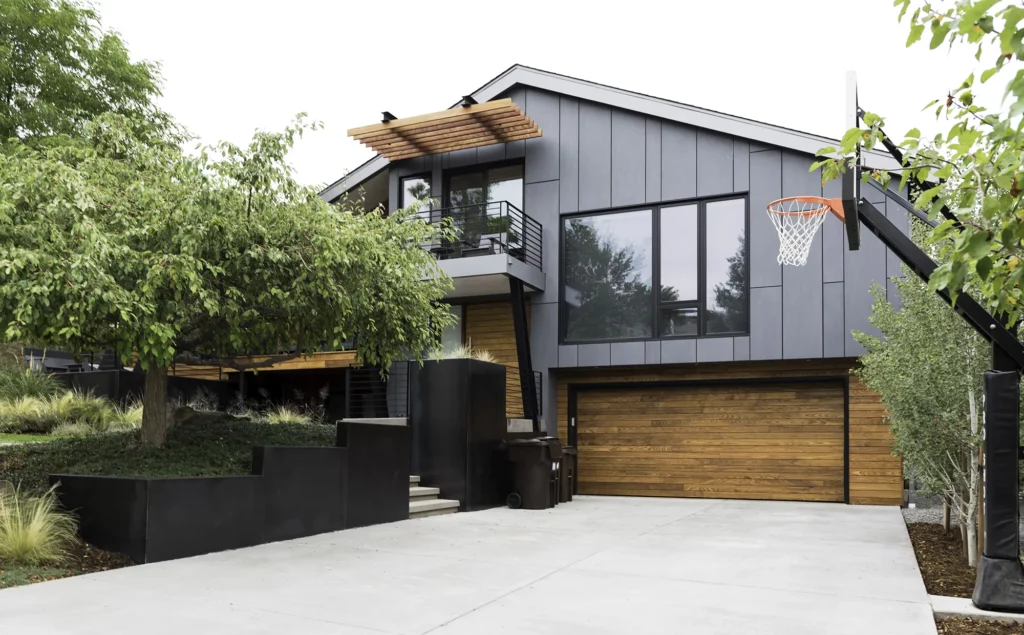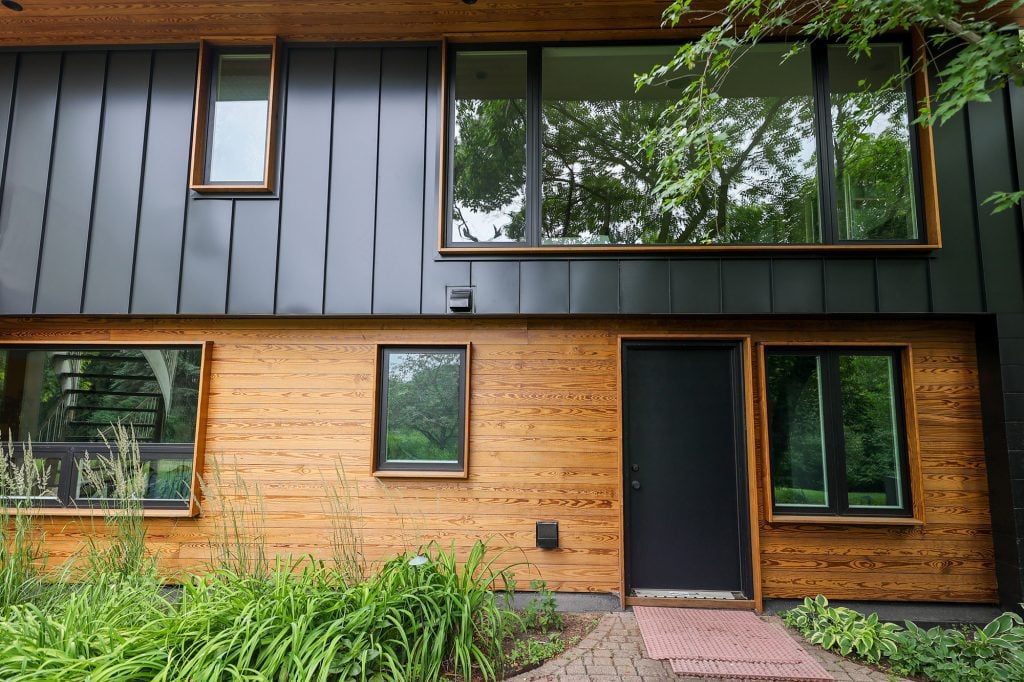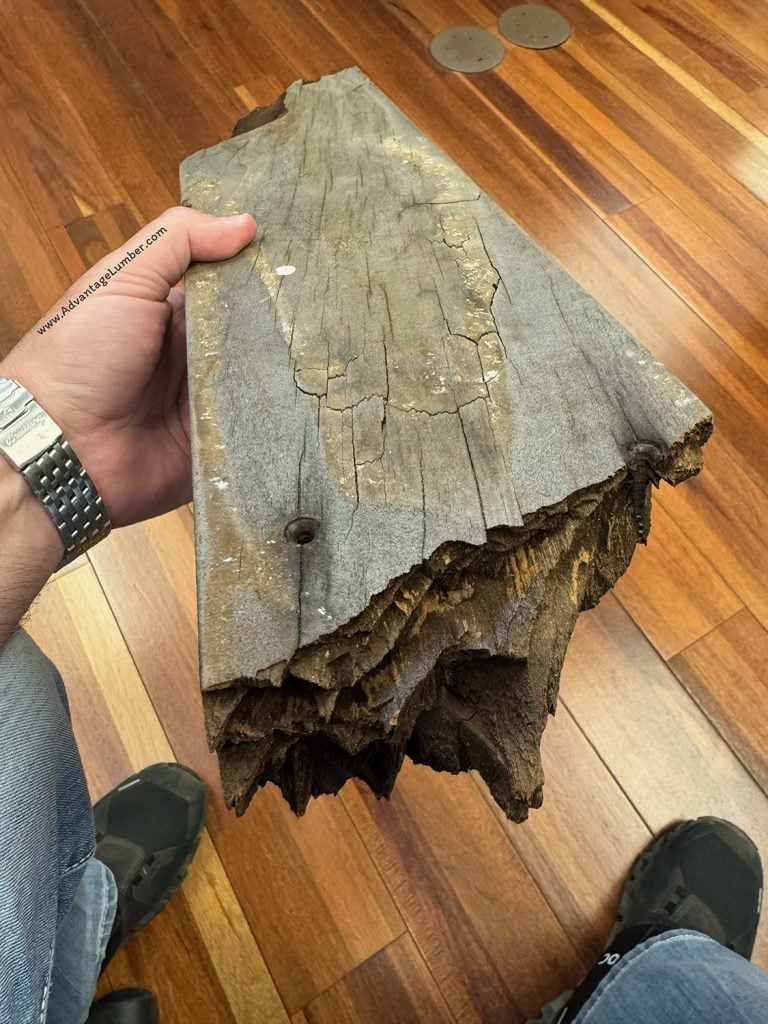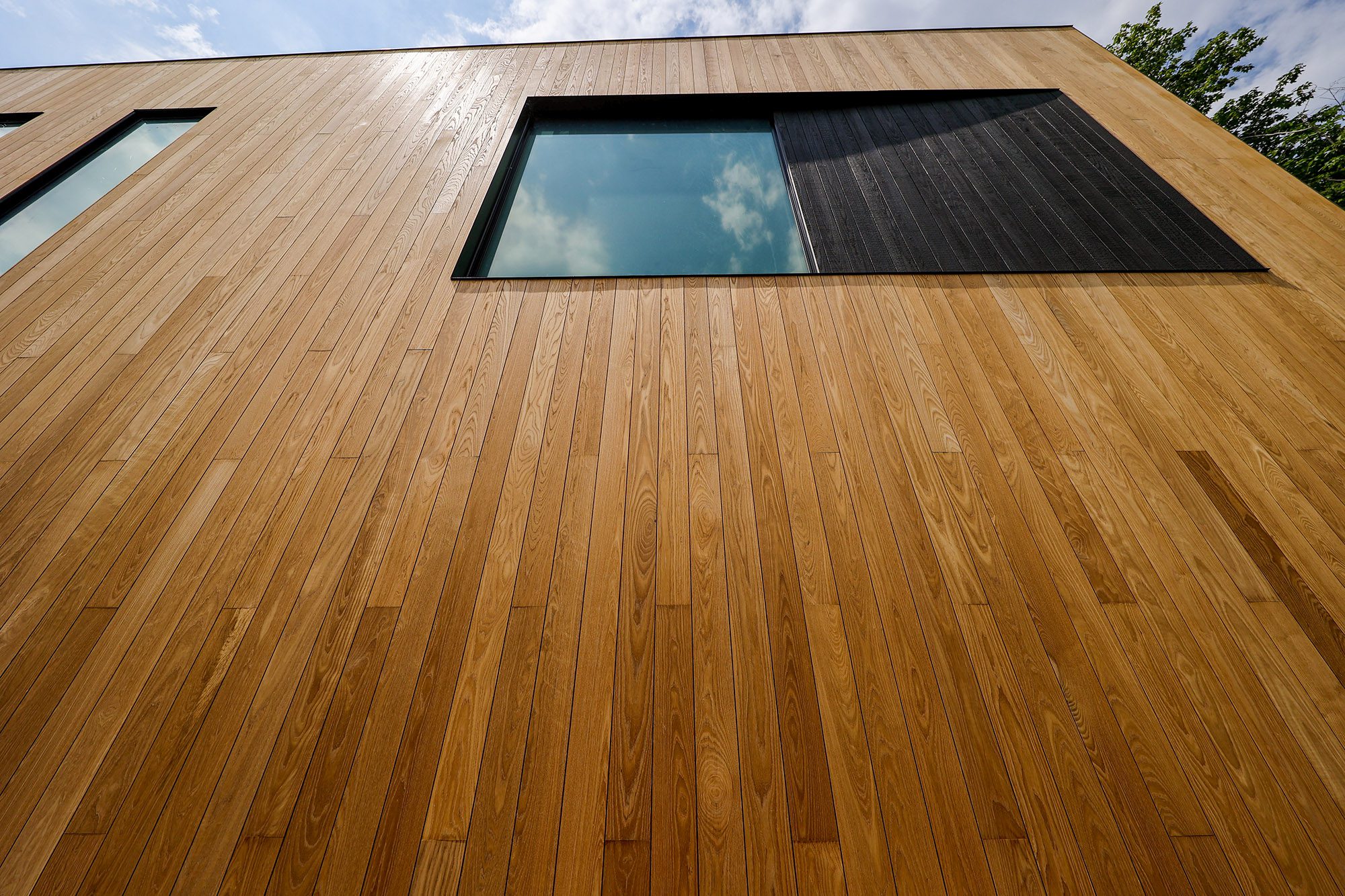When it comes to choosing siding for your home or building, the materials you select play a pivotal role in both the aesthetic appeal and the longevity of your exterior. Thermally modified wood has gained popularity in recent years due to its enhanced durability, stability, and resistance to decay.
Among the various options available, Arbor Wood stands out as the best thermally modified wood siding, particularly for its exceptional quality and environmental sustainability.
Arbor Wood: The Top Choice for Thermally Modified Wood Siding
Arbor Wood is renowned for its superior thermally modified wood products, and its siding options are no exception.
What sets Arbor Wood apart is its commitment to using domestically sourced wood species, which are then thermally modified directly in the USA. This not only supports local industries but also significantly reduces the carbon footprint compared to imported alternatives.
Arbor Wood is thermally modified wood produced in a specialized, 3-phase kiln chemical free process using only heat and steam. An initial gradual increase in temperature reduces the equilibrium moisture content (EMC) of the wood.
Phase 2 sees a rapid spike in temperature and is where the magic really happens. The cellular composition of the wood is altered in this high-heat, oxygen-deprived environment which converts the natural acids and sugars so as to no longer be a food source for mold, rot or fungal decay.
This change also renders the wood ‘hydrophobic’, meaning it loses much of the natural tendency to absorb water going forward. As a natural byproduct of the process the wood takes on a richer, dark tone throughout giving it a look similar to that of exotic species.
The 3rd and final phase introduces steam to cool the wood down and bring the EMC back up to a suitable level.
Thermal modification is one of the most natural, chemical-free ways to extend the life of wood products.
Ash: The Premier Option

Ash is the top choice when it comes to Arbor Wood siding. This wood species is known for its attractive grain patterns, which can enhance the aesthetic of any building. The thermal modification process further improves the wood’s durability, making it an ideal choice for siding that can withstand the elements and maintain its beauty over time.
Southern Yellow Pine: A Close Second

Southern Yellow Pine is another excellent option offered by Arbor Wood. It’s a popular choice for those looking for a balance between aesthetics and durability. With its distinct grain patterns and natural moderate resistance to decay, Southern Yellow Pine becomes even more resilient when thermally modified, making it a great alternative to Ash.
Additionally Southern Yellow Pine is one of the more affordable thermally modified wood siding options. The price is cheaper because its a readily available species and softwoods are typically more affordable than hardwoods for various reasons.
The Environmental Advantage
One of the key benefits of choosing Arbor Wood is its environmental sustainability. Unlike some other brands that use Radiata Pine imported from New Zealand, Arbor Wood’s products are grown and manufactured entirely in the USA. This not only supports local forestry and manufacturing industries but also reduces the carbon footprint associated with transportation and importation.
Durability Concerns with Radiata Pine

While Radiata Pine is used by some brands for thermally modified wood siding, it has shown early failure in some cases, with signs of deterioration appearing in just a few years.
The picture above shows a sample from a job that used thermally modified Radiata Pine that failed after a very short time period. The customer reached out to us looking for something more durable since their project was rotting and unsafe.
This raises concerns about its durability compared to domestically sourced options like Ash and Southern Yellow Pine, which have proven to be more durable with the thermal modification process applied.
In addition to the durability issues we’ve seen these imported Radiata Pine products usually come at a much higher cost due to all the import and transportation costs all the way from New Zealand.
Conclusion
When selecting thermally modified wood siding, it’s crucial to consider both the aesthetic appeal and the environmental impact of your choice. Arbor Wood stands out as the best option, offering high-quality, domestically sourced Ash and Southern Yellow Pine that are not only beautiful but also environmentally sustainable. By choosing Arbor Wood, you’re investing in a product that not only enhances the appearance of your building but also supports local industries and reduces your carbon footprint.
